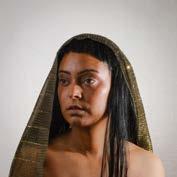
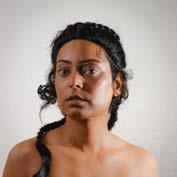
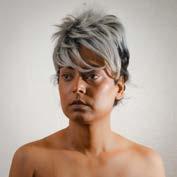
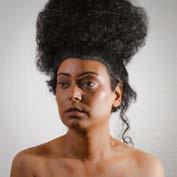

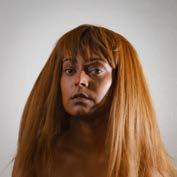
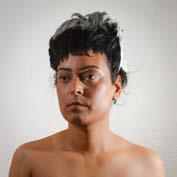
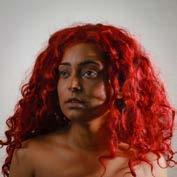
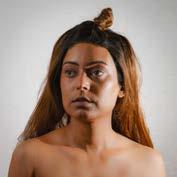
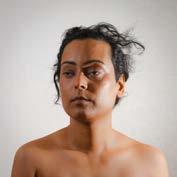
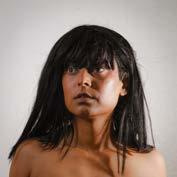
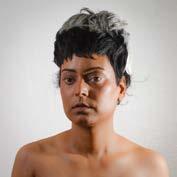
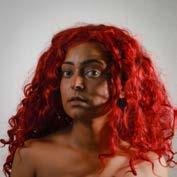
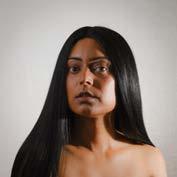
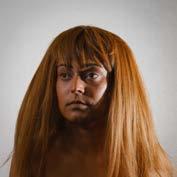
















PortraitofaSister,BetweenTwoWorlds
Bad Beti is an intimate portrait of my sister, Asifa Lahore, a trans woman, performer, and activist who has spent over a decade in the public eye. The title plays on the South Asian word beti, meaning “daughter.” To be a bad beti is to defy the expectations placed on a “good daughter”: to be obedient, modest, and quiet. This series embraces that refusal, askingwhat itmeanstodefinedaughterhoodonyourownterms.
I have witnessed Asifa move through drag shows, debates, interviews, and activist spaces: unapologetic, political, fiercely visible. But I have also seen her at home: silly, exhausted, angry, tender. These photographs come from a place of trust, shaped by our relationship as sisters. Our mother appears throughout the series as a thread of care, tension, and cultural continuity. Like many families, ours carries unspoken expectations about respectability, duty, and the quiet pressure to be a “good” child at home.
Bad Beti moves fluidly between performance and reality, private and public. It merges the intimacy of domestic life with the visibility and celebration of queer South Asian nightlife, reflecting what it means to exist at the intersection of multiple identities. In 2025, the UK government introduced legislation restricting the rights of trans women. This project was made in that context, where simply existing and being seen without apology becomes a quiet act of resistance.
As both a sister and photographer, I seek to capture the costs and the quiet power of being yourself in a world that does not always want to see you. I invite the viewer to witness what is usually kept inside: love, complexity, and the strength it takes to be yourself in the hope of being understood, if not accepted.
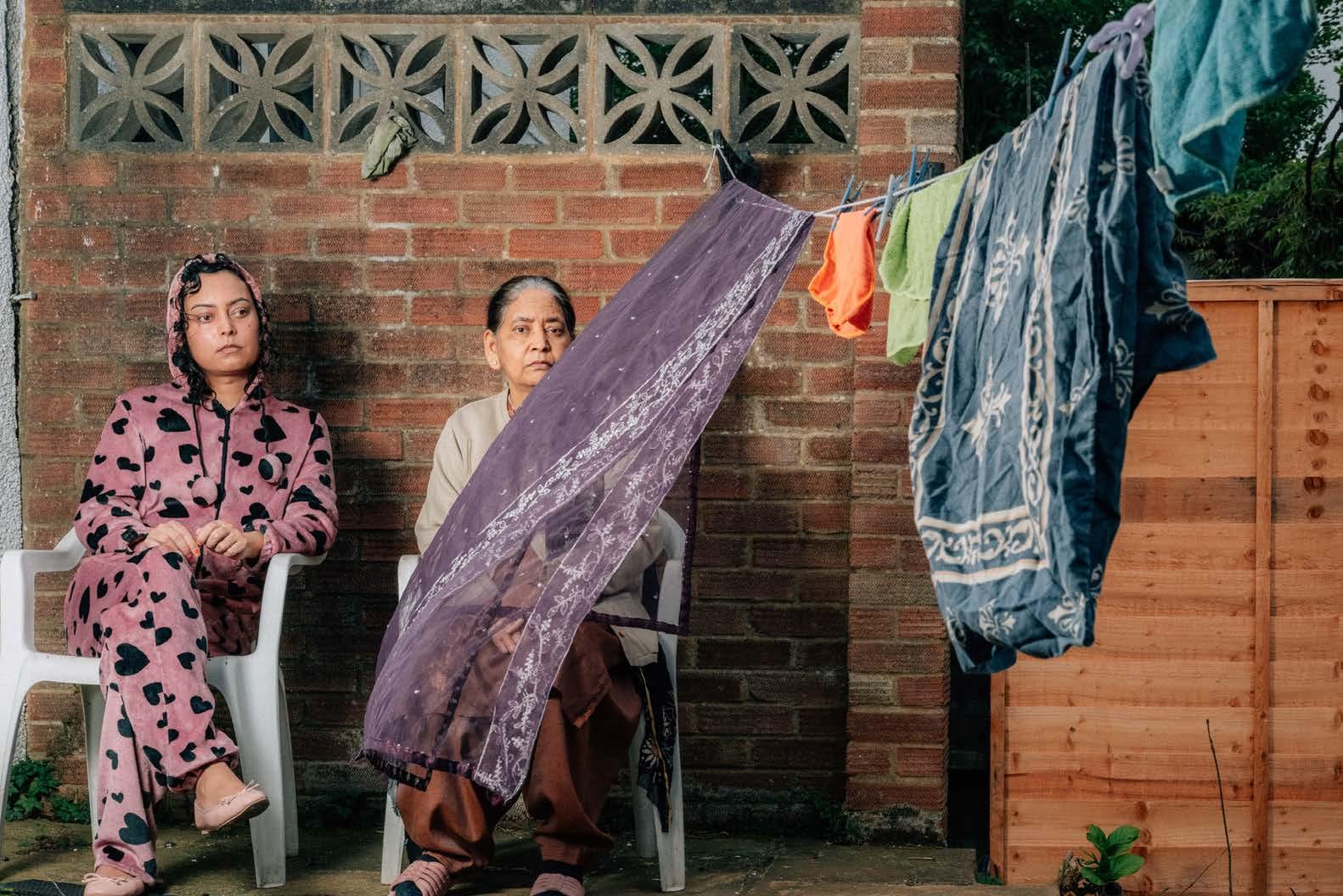
Kya Kahenge /
A phrase used often in our home, especially by our mother. It’s not just about shame or reputation. For her, it’s a form of protection — a way of staying safe in a world where being visible can be dangerous.
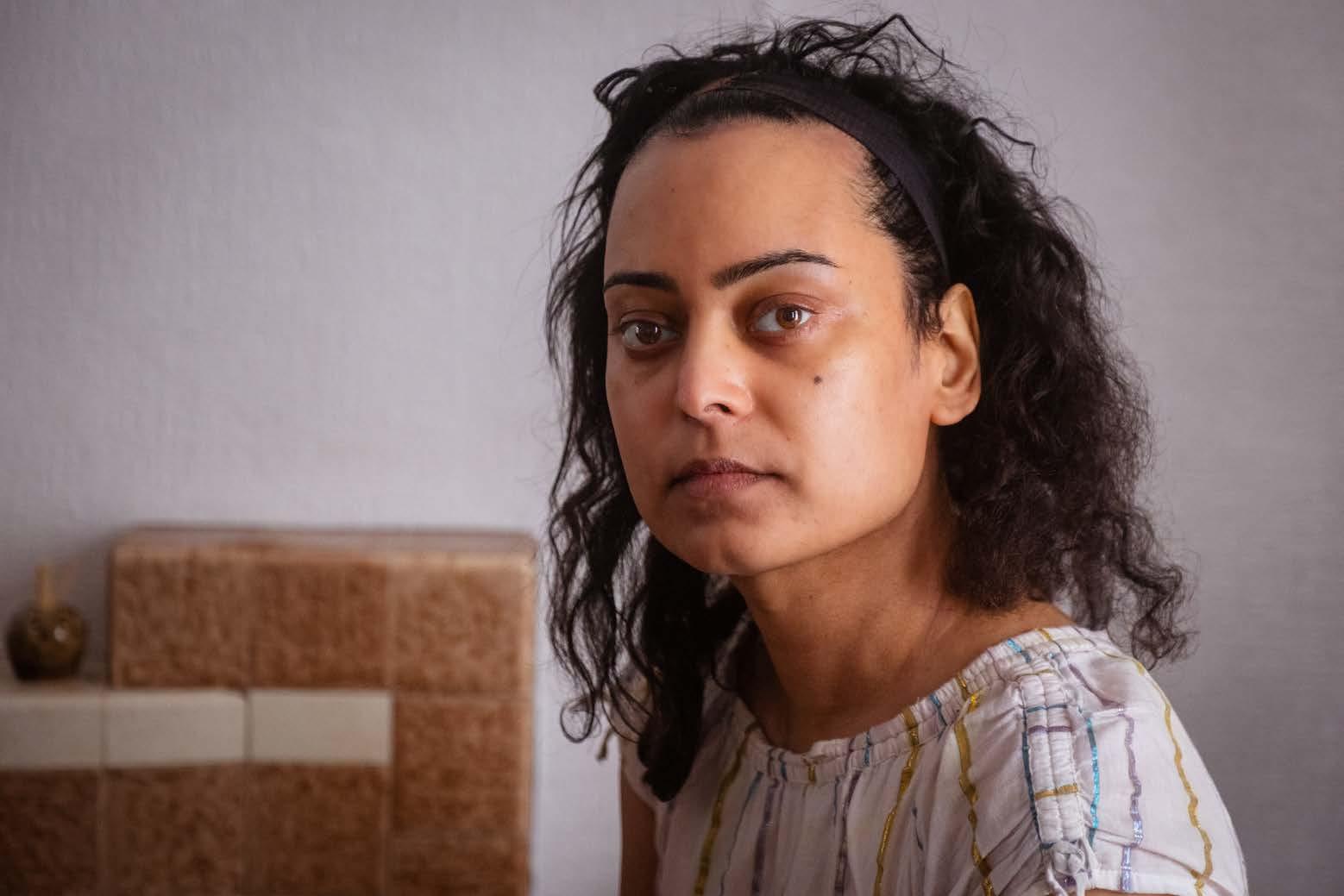

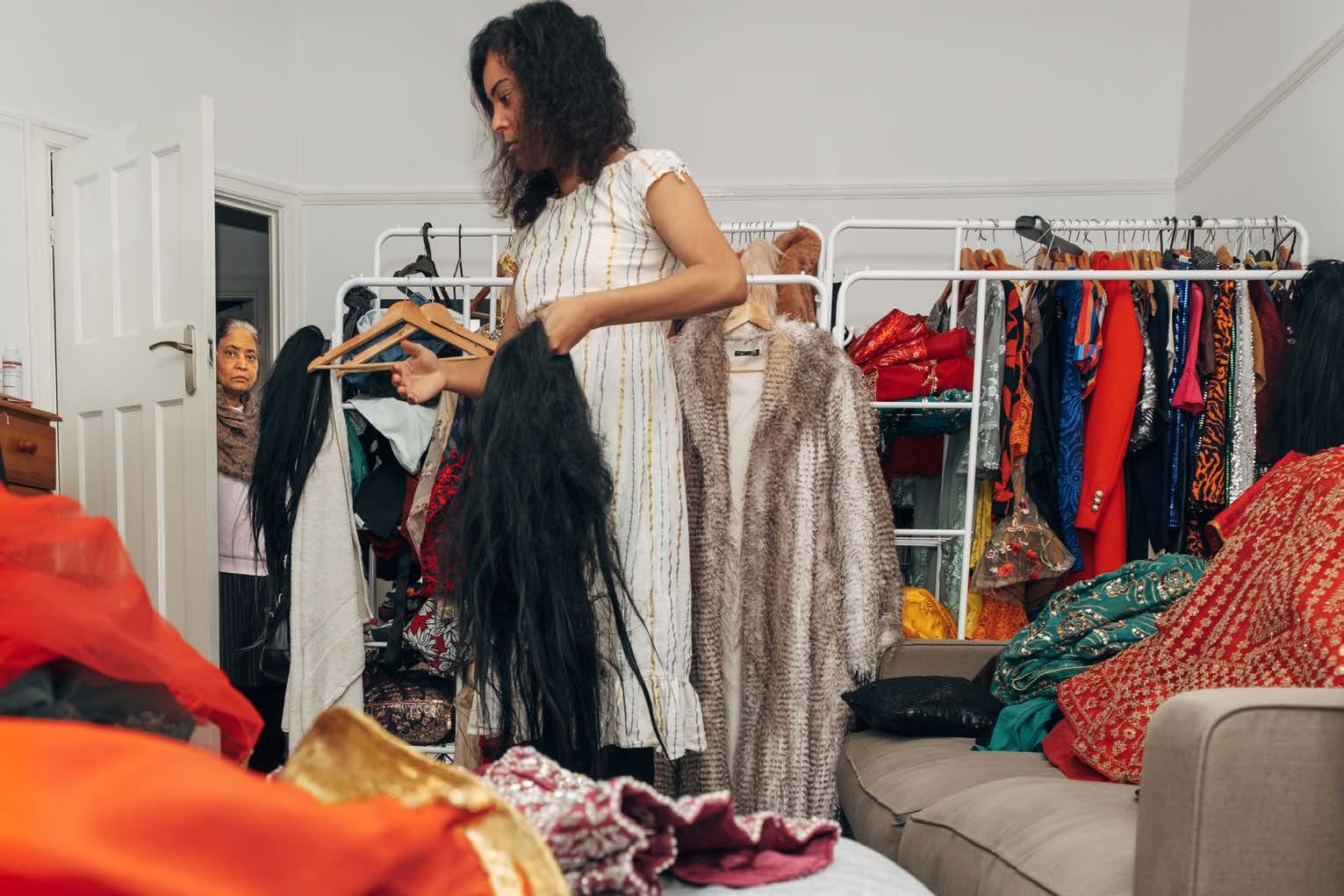
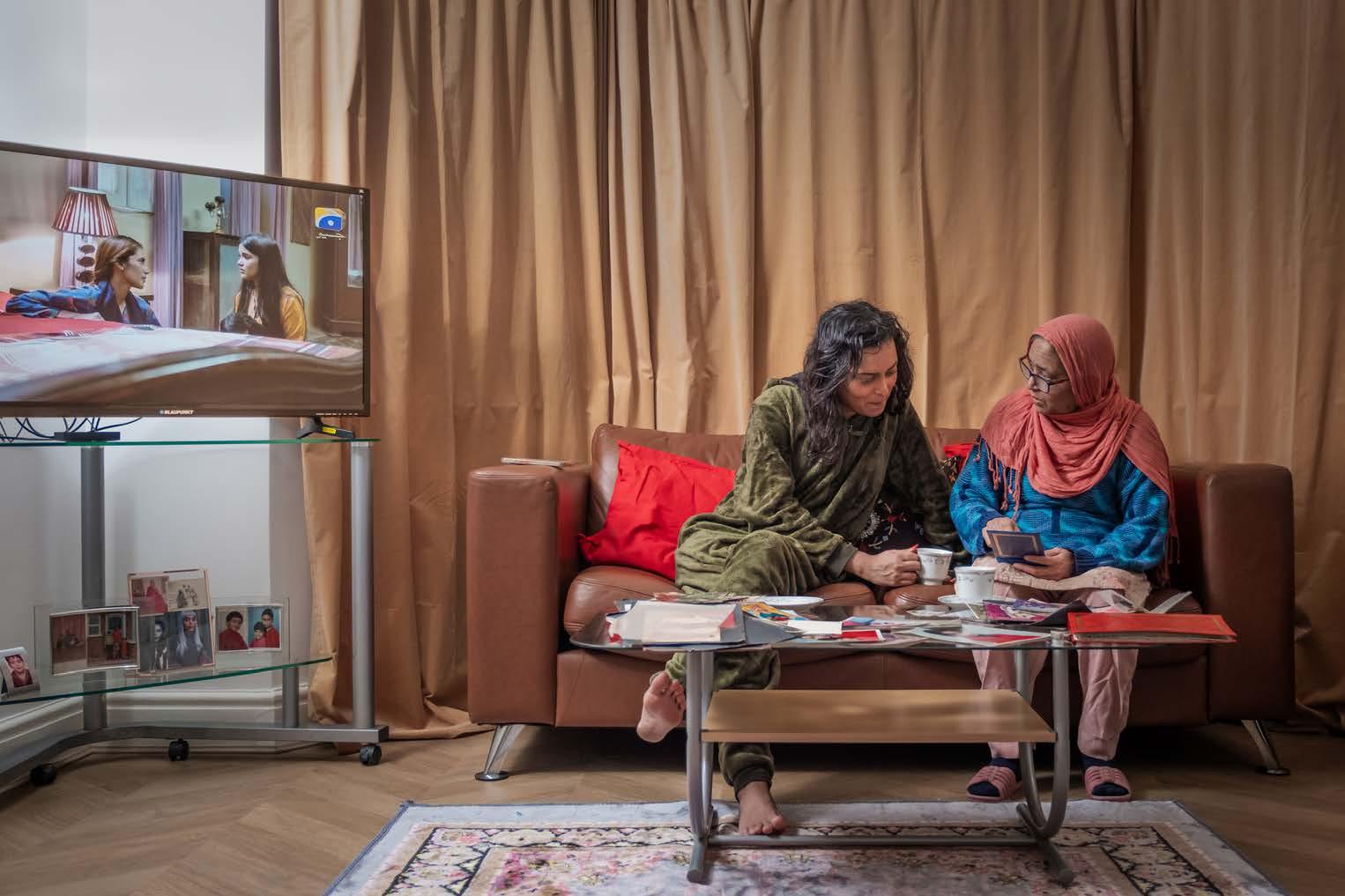
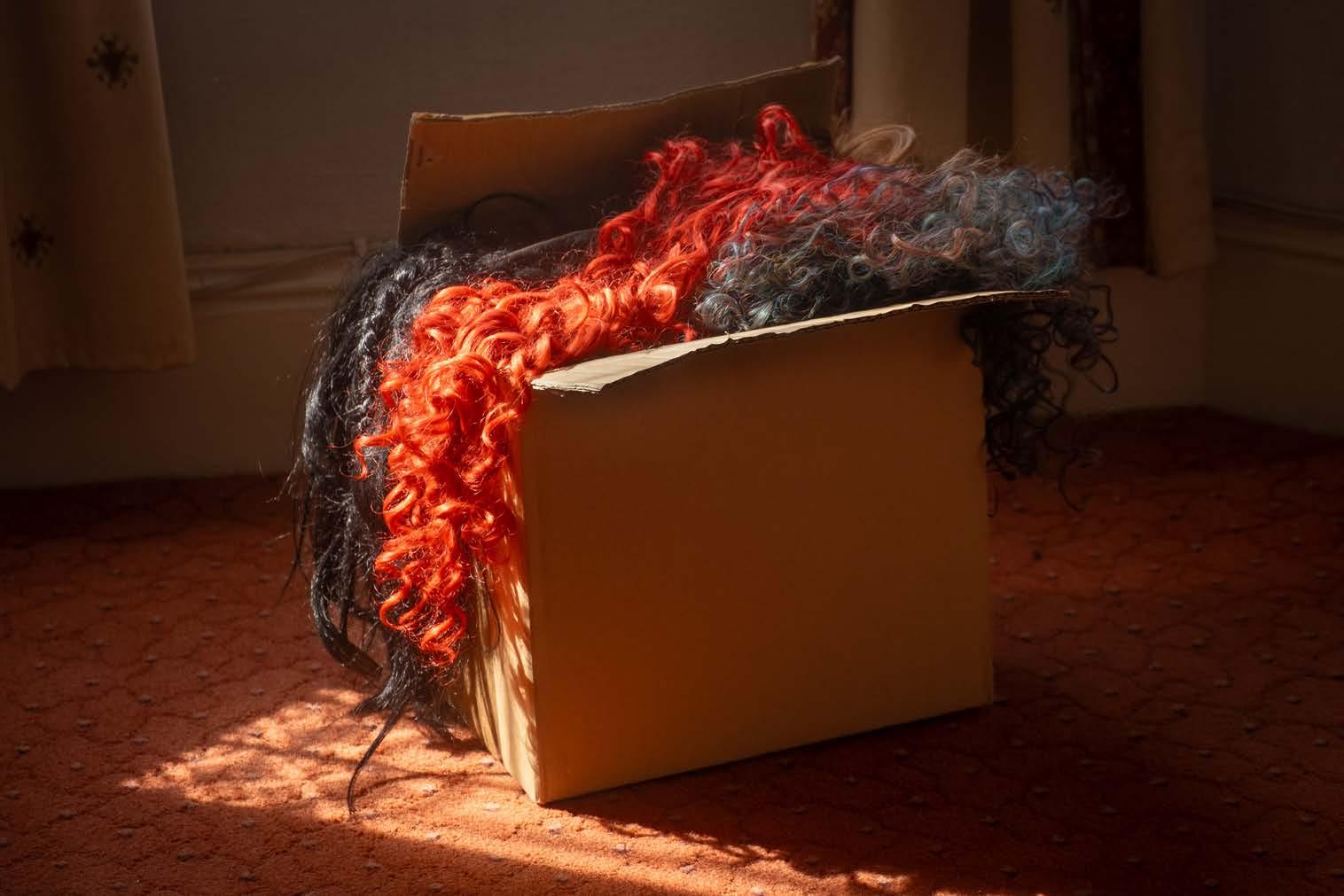
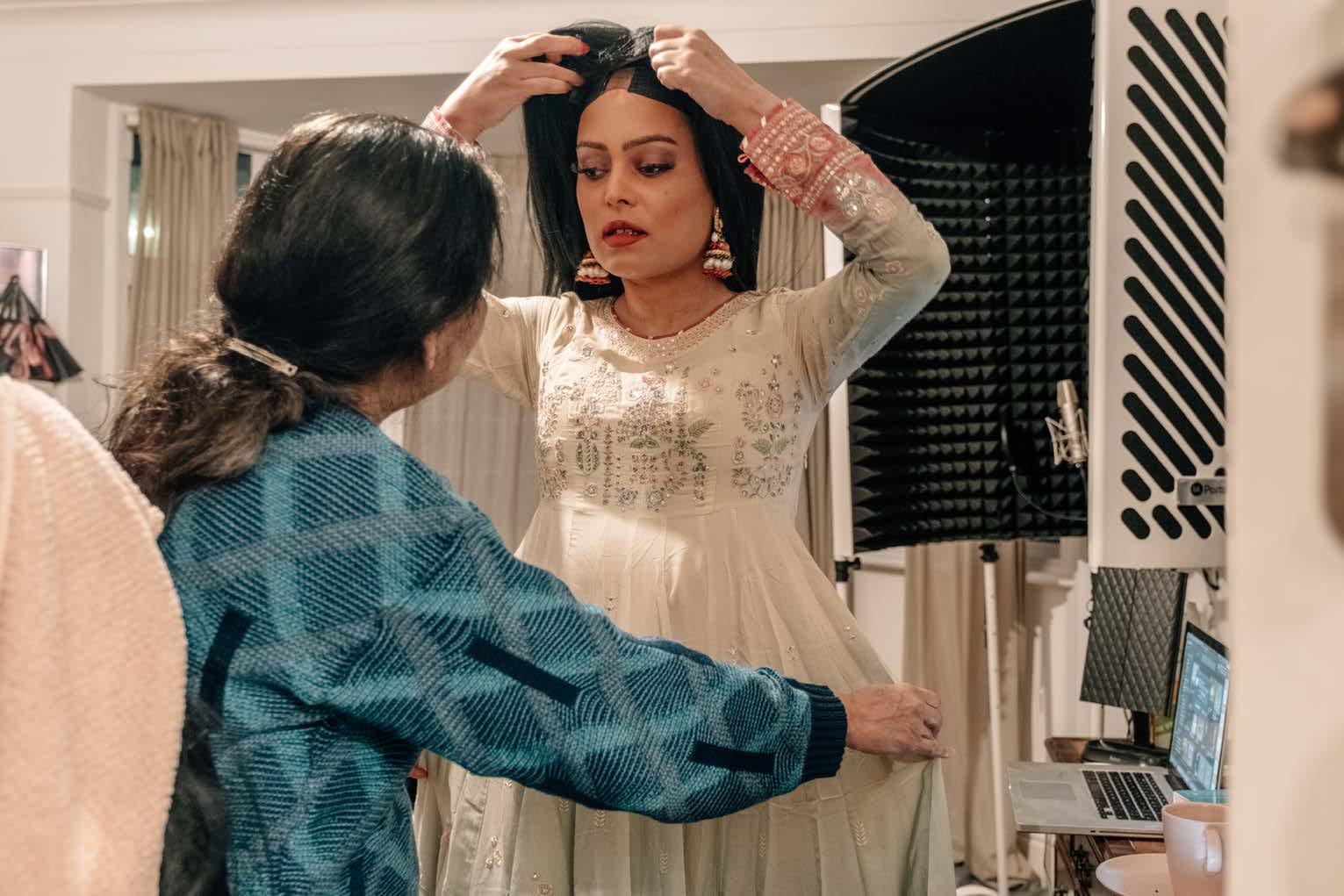
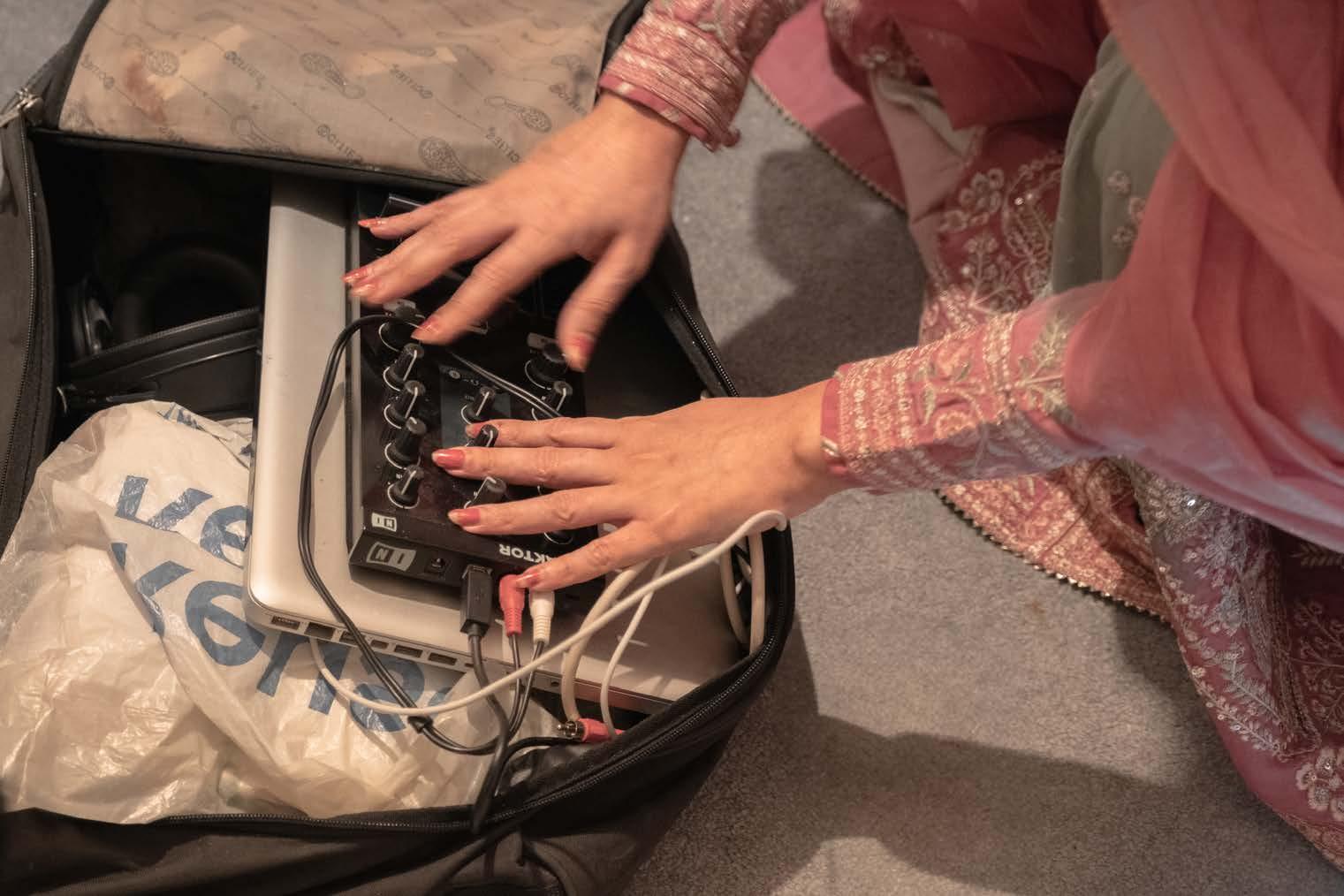
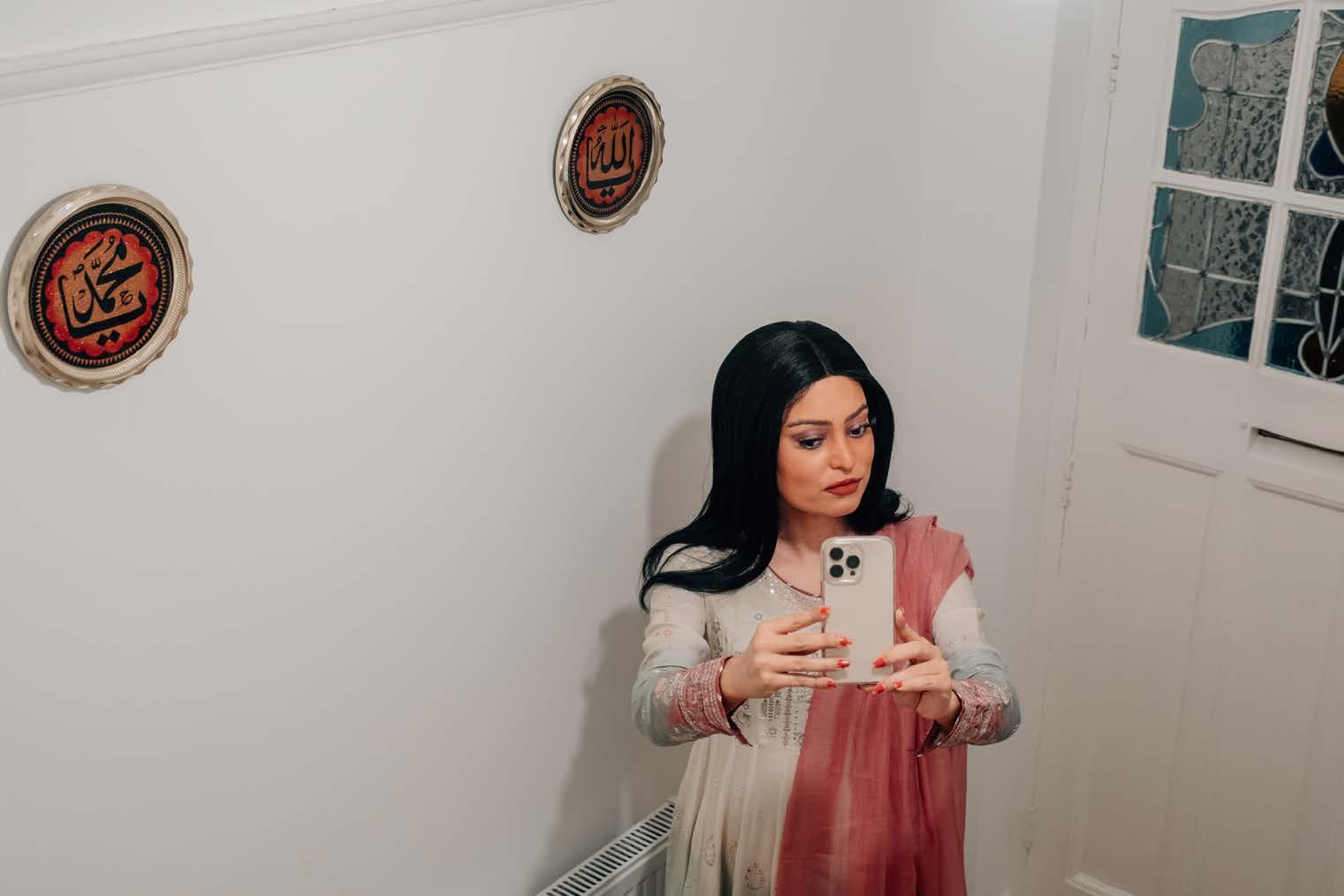
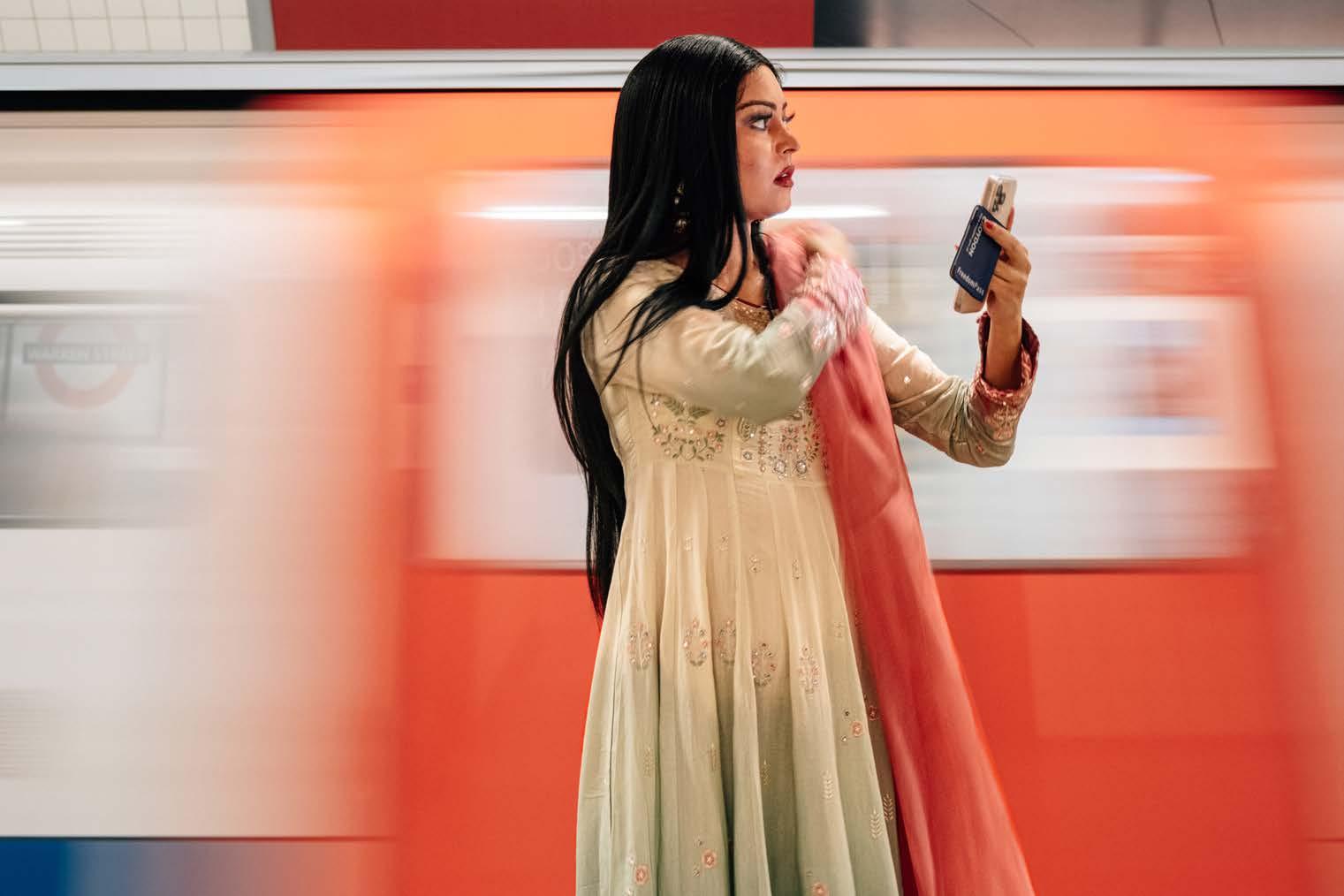
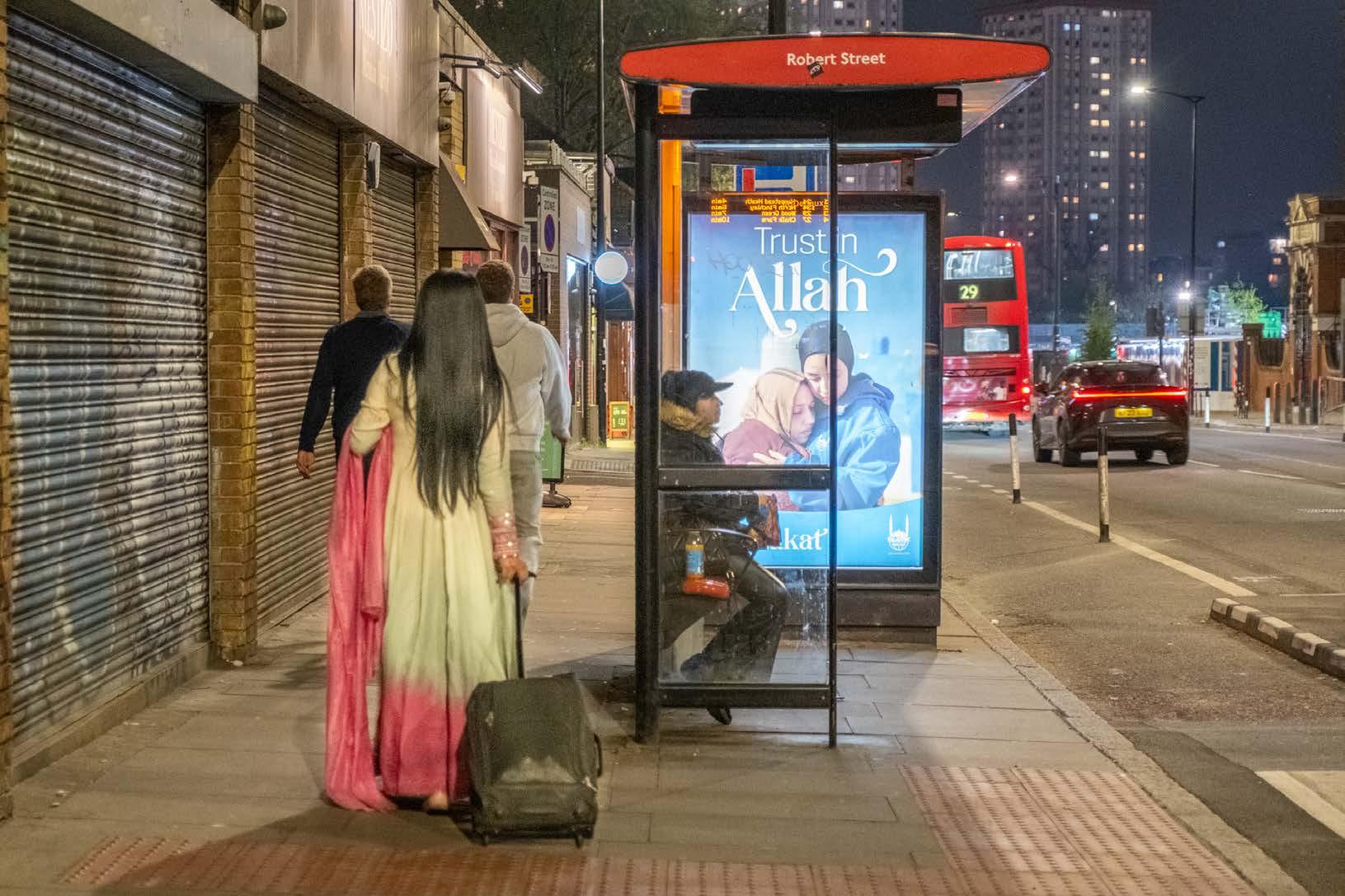
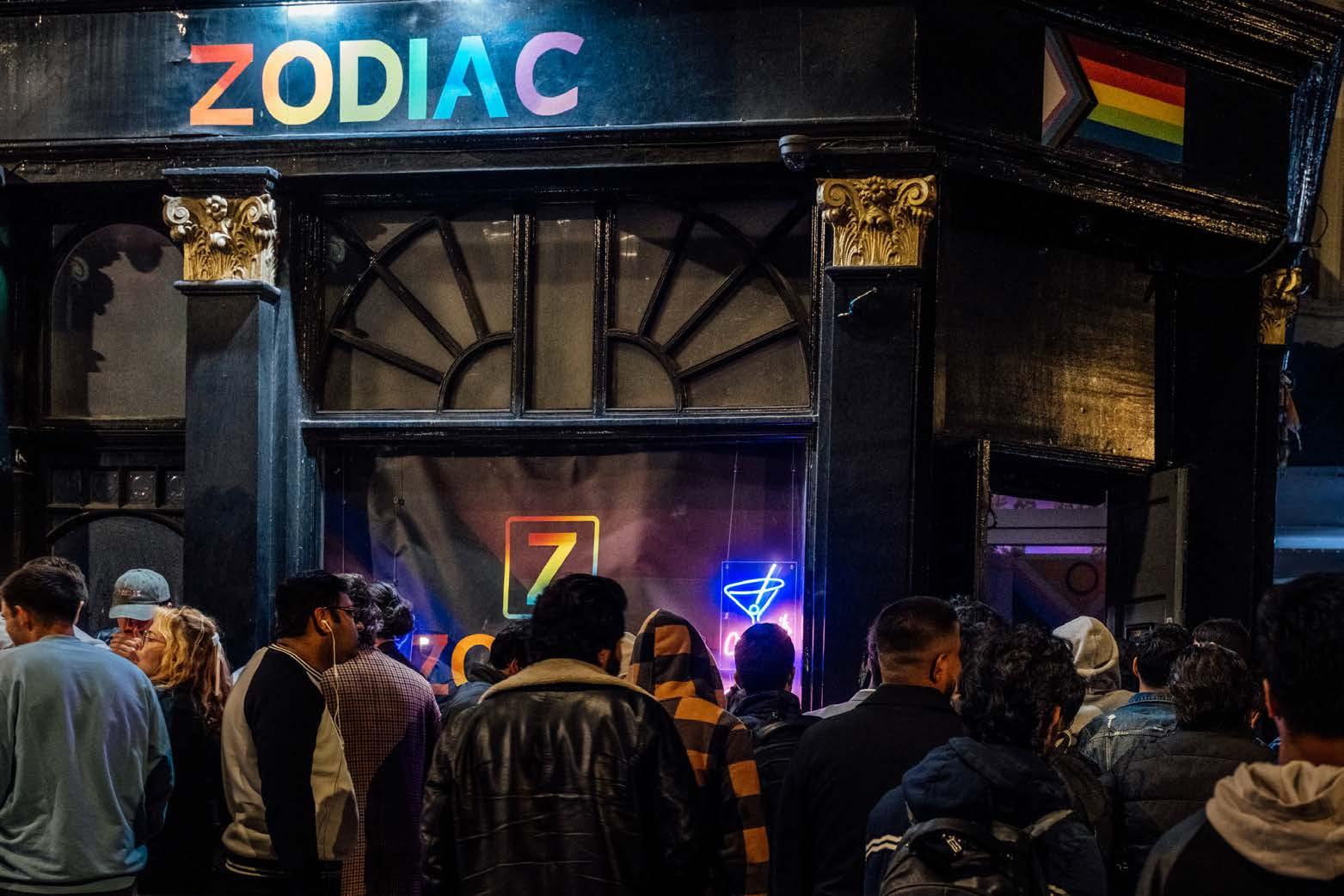
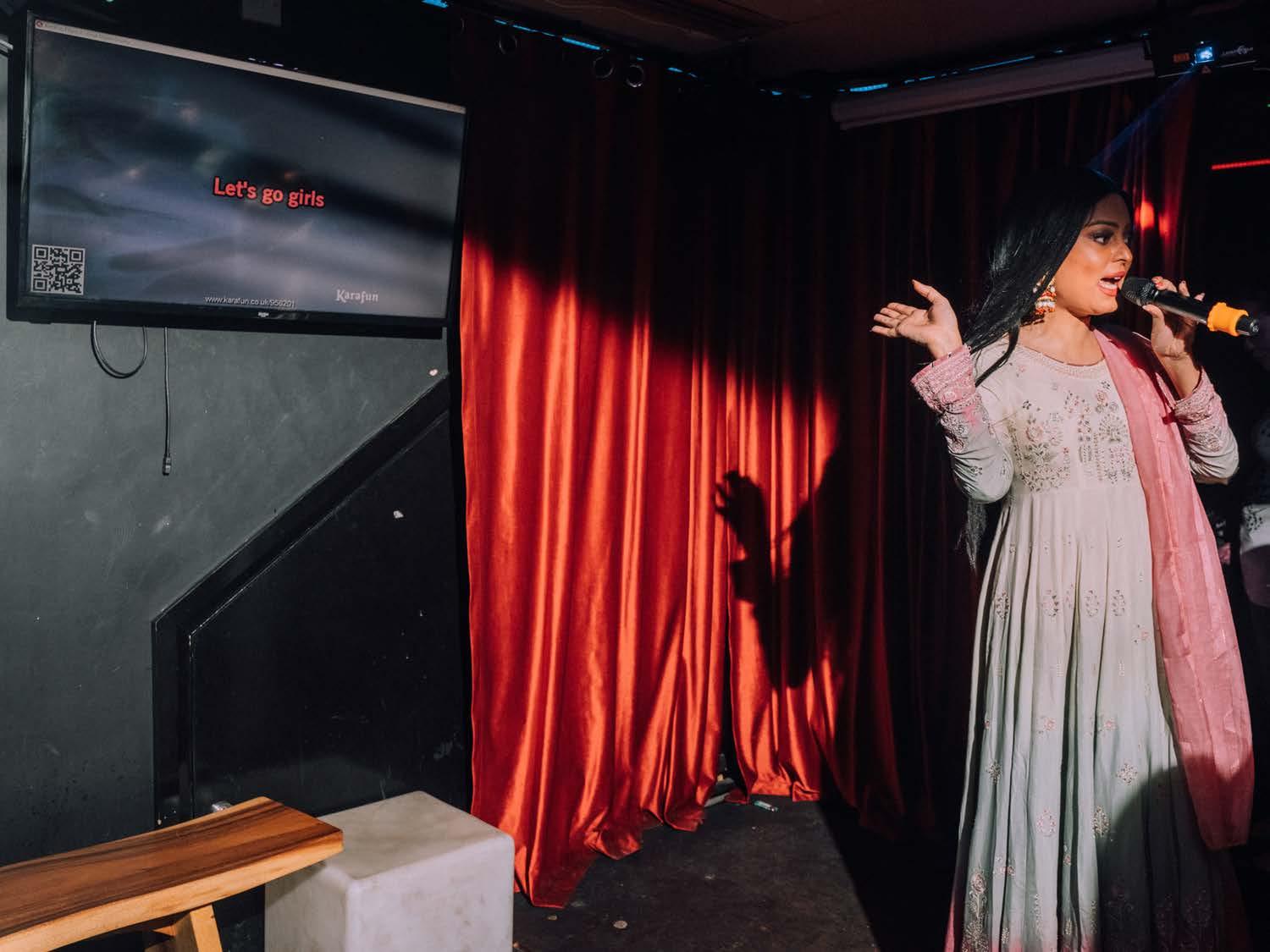
Disco Rani is one of the only queer South Asian spaces in the UK — a rare night where Gay Muslim people can just be themselves.
Photography isn’t usually allowed, and some were wary when they saw my camera. But when Asifa walked in, every phone turned toward her. The contrast unsettled me — the same people who didn’t want to be seen wanted to capture her. I felt protective, maybe even conflicted. But she reminded me: “Not everyone is lucky to be out and still loved.”
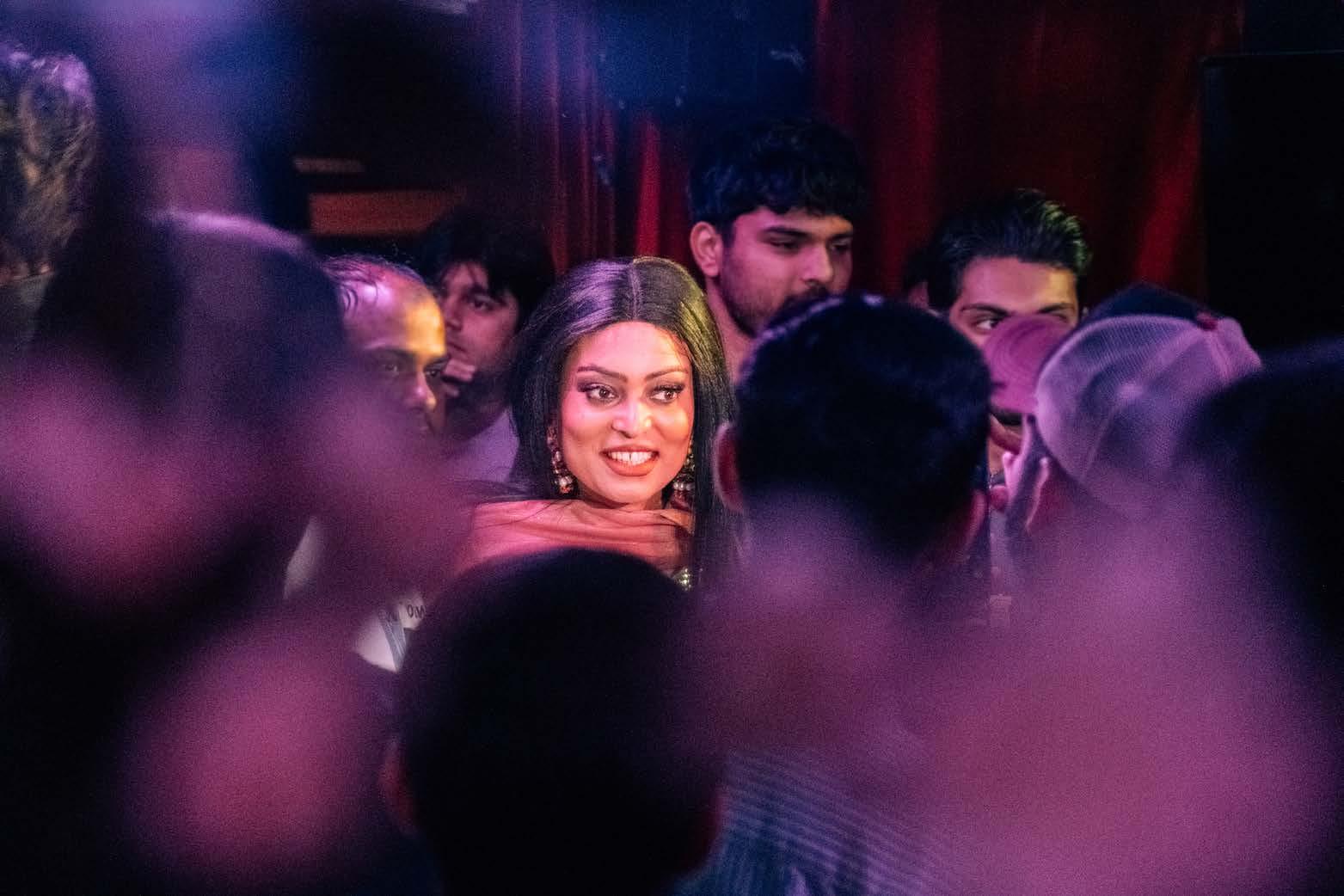

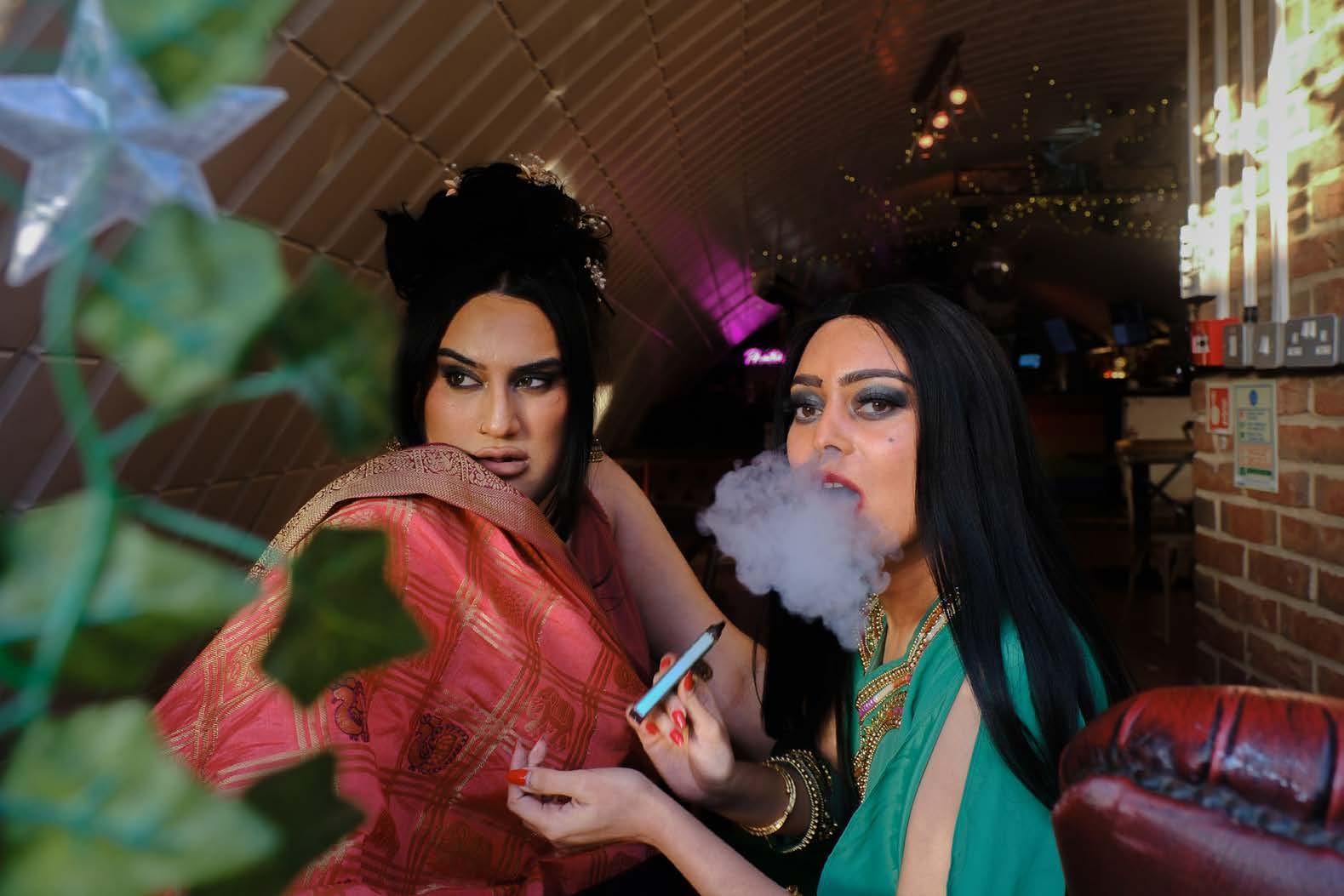
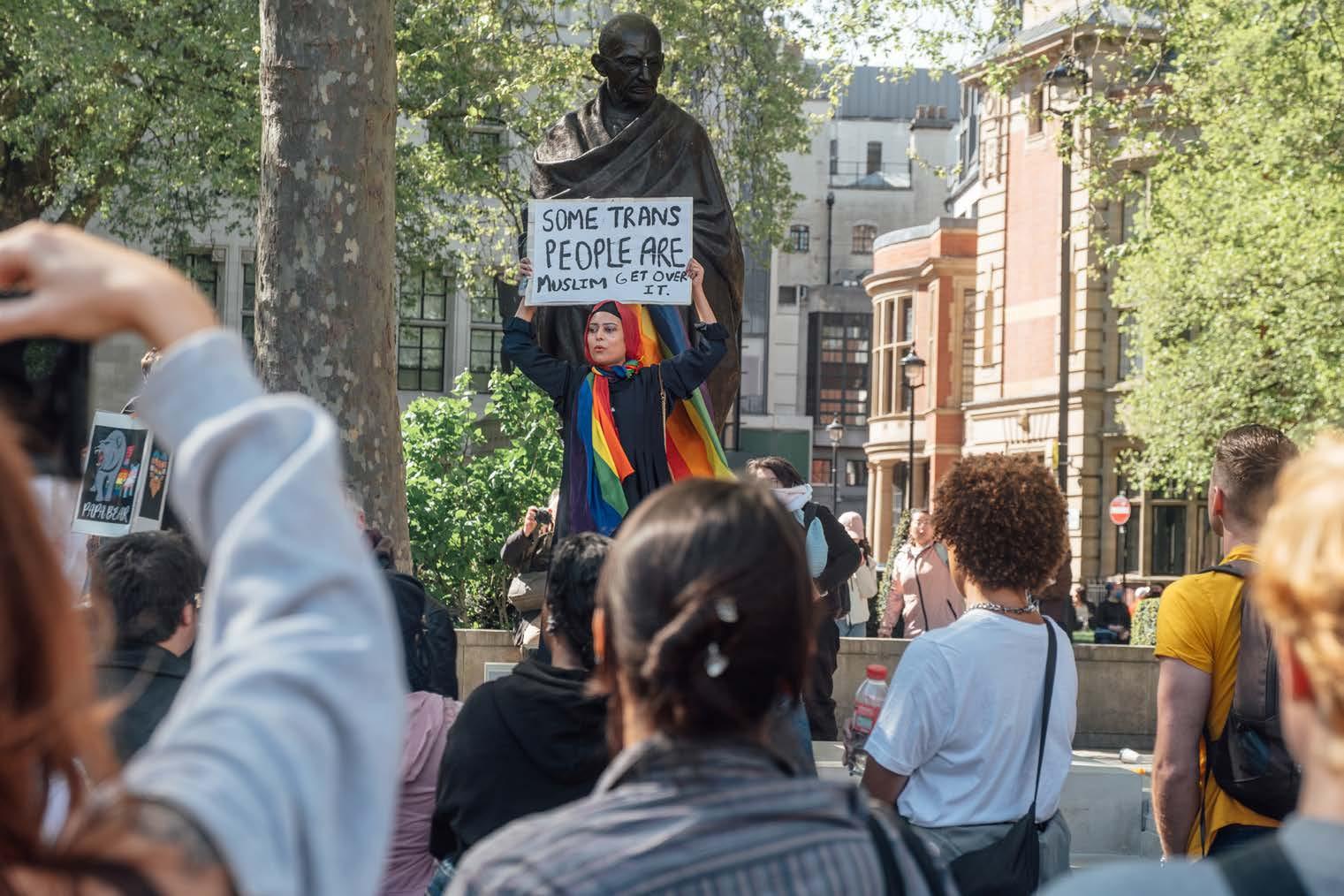
“Some trans people are Muslim. Get over it.”
On April 13, 2025, thousands gathered in Parliament Square to protest the UK Supreme Court’s ruling excluding trans women from the legal definition of “woman.” While headlines reported numbers, I watched my sister stand her ground. A man muttered her sign was “too much.” But she wasn’t there to soothe anyone—she was there to be seen. As a trans Muslim woman, she’s too often left out of every definition that matters.
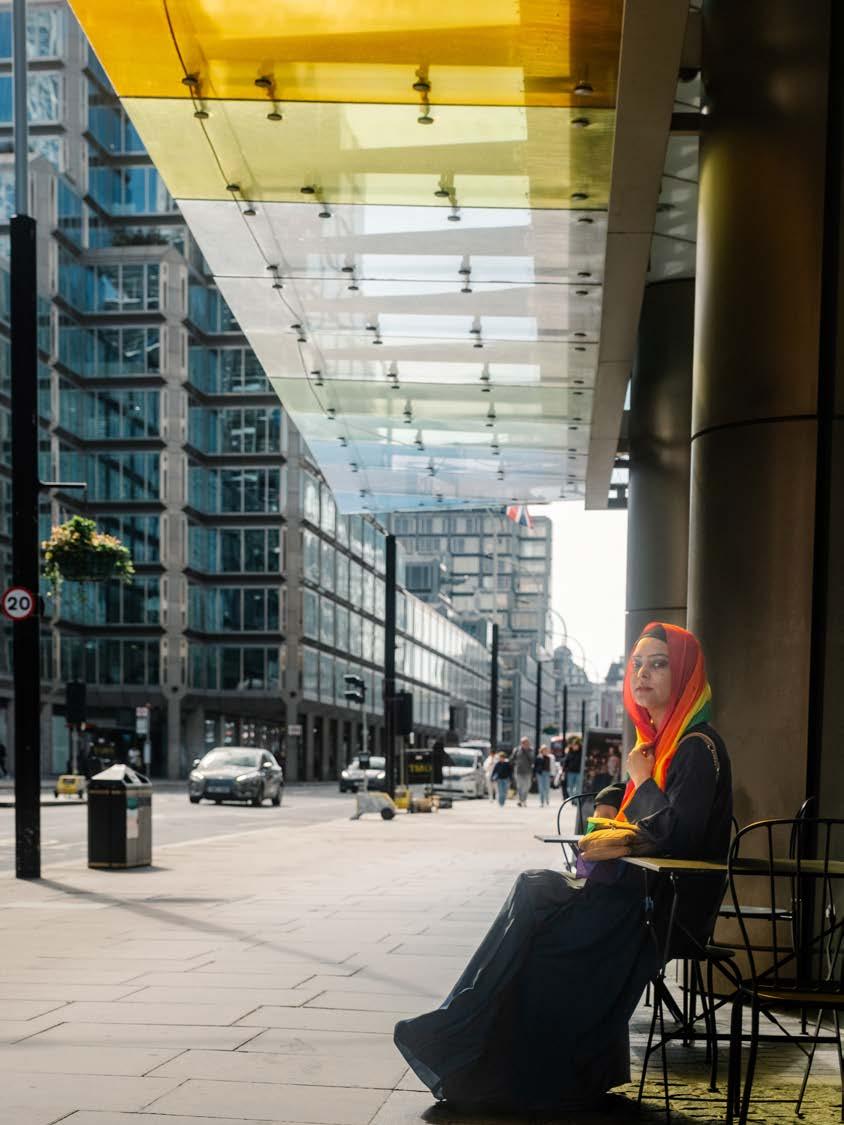
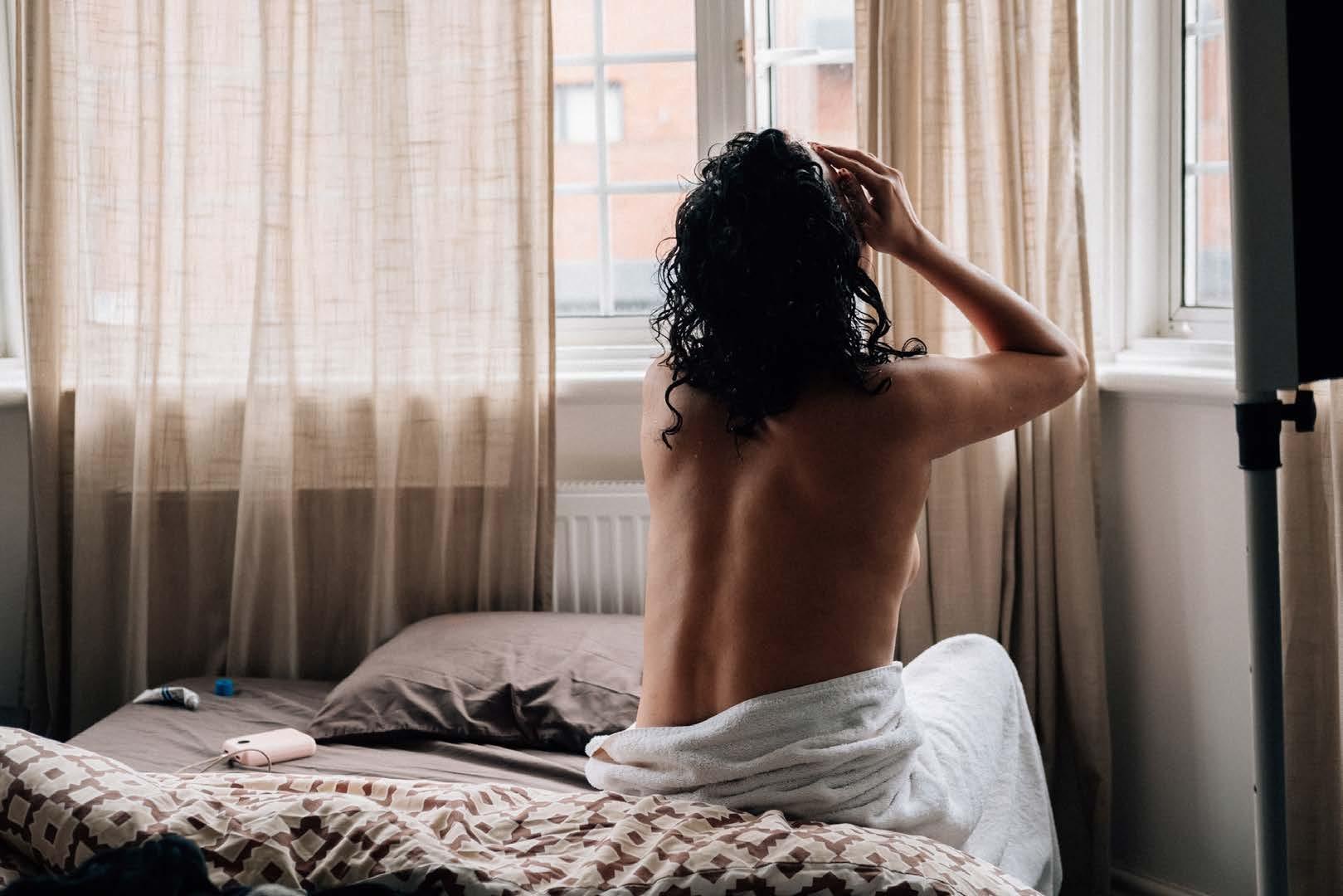
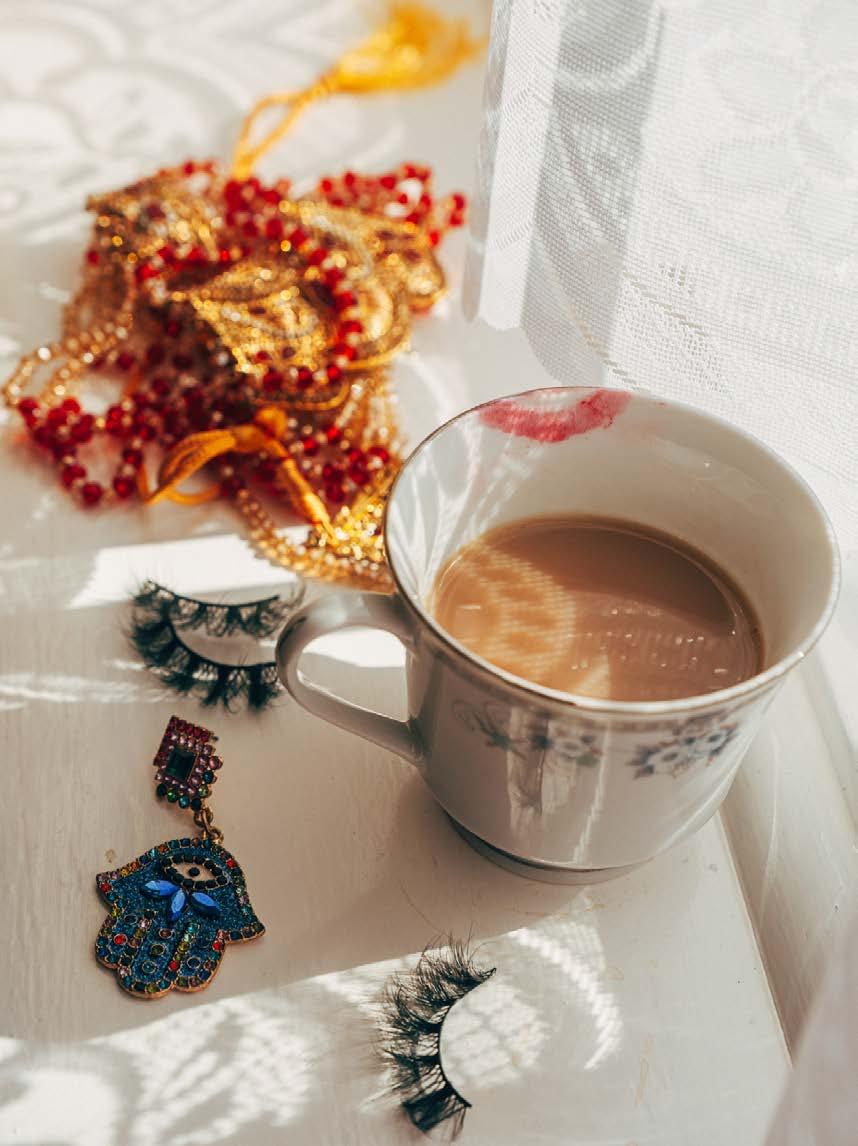

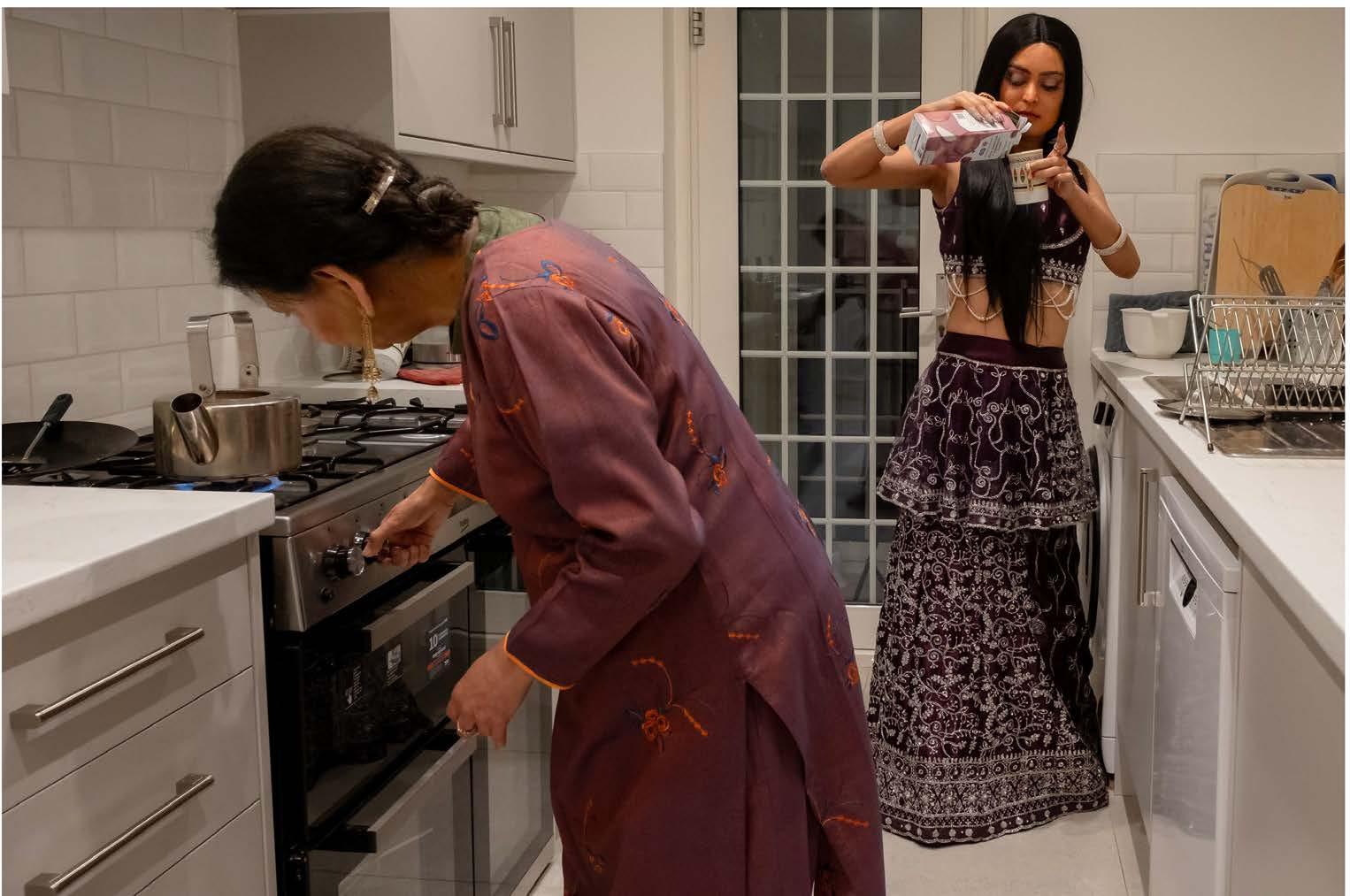
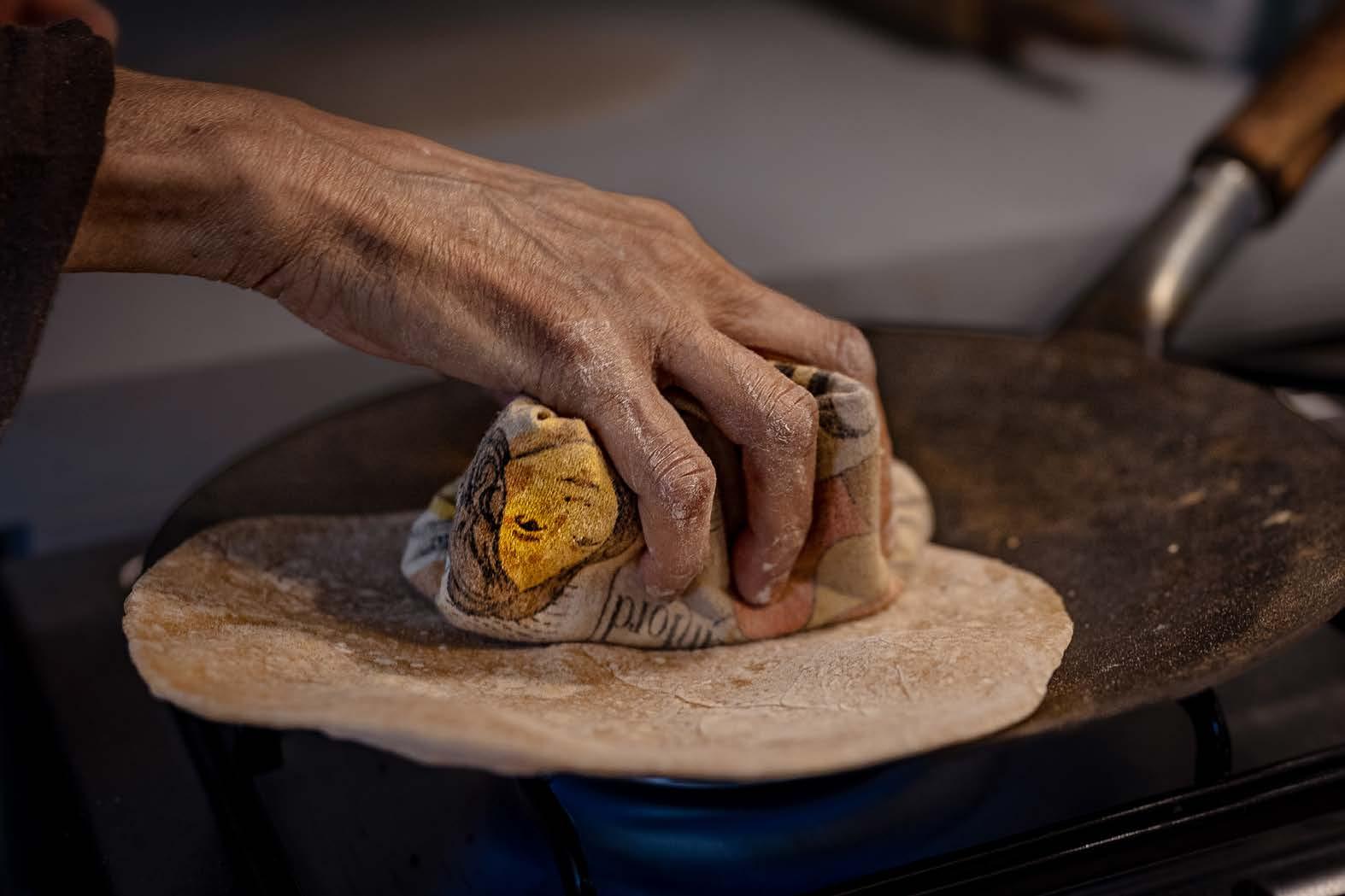
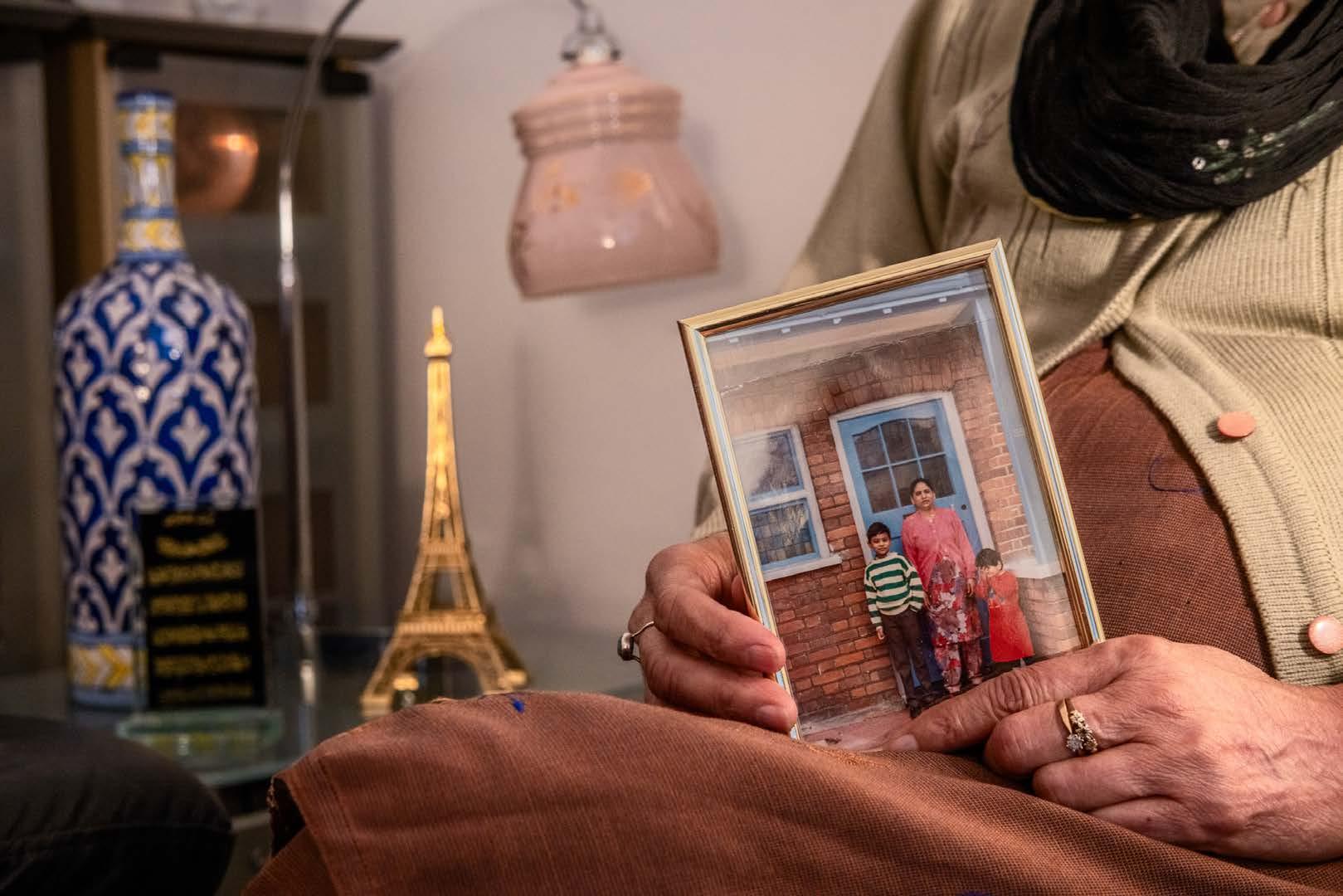

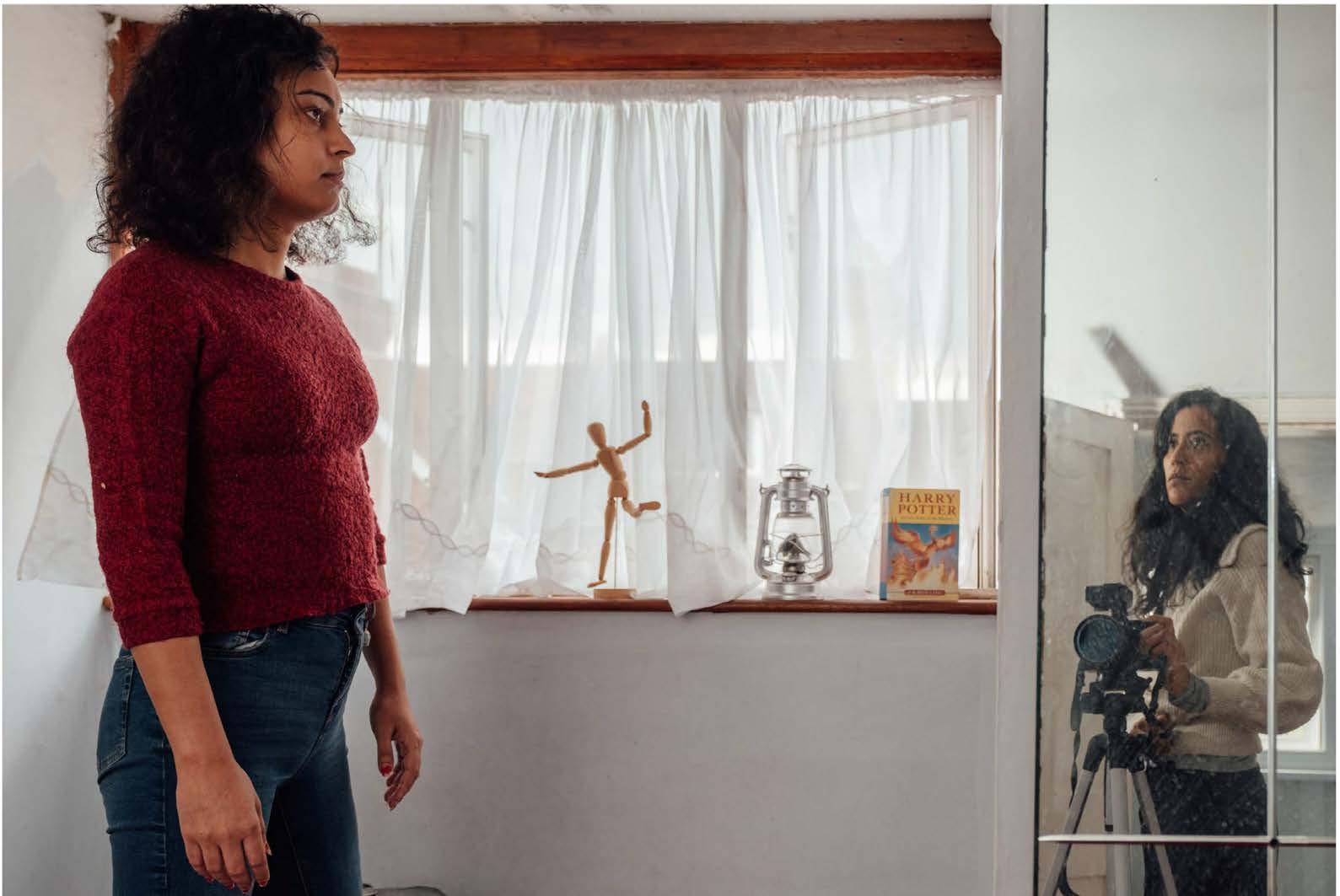

Sarah Quraishi is a British Asian photographer working between Paris and London.
Her work explores identity, diaspora, and womanhood through a blend of documentary and constructed imagery.
With a background in the tech industry, she’s drawn to how people perform identity: online, offline, and everywhere in between.
Her practice is rooted in empathy, street instinct, and a commitment to telling intersectional stories with clarity and care.
www.sarahquraishi.com • sarahjquraishi@gmail.com